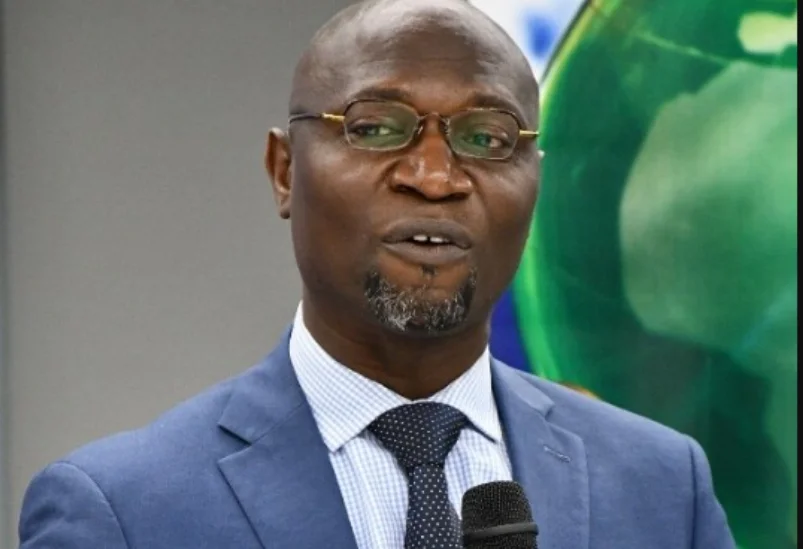SEC Calls for AI Surveillance in Nigeria’s Capital Market Reform Strategy
The Securities and Exchange Commission (SEC) of Nigeria has emphasised the urgent need for Artificial Intelligence (AI)-powered surveillance systems to transform and future-proof the country’s capital market.
This was disclosed by Dr. Emomotimi Agama, Director-General of the SEC, during the fifth Fellowship Inaugural Lecture hosted by the Capital Market Academics of Nigeria (CMAN) on Monday.
Held virtually and reported by the News Agency of Nigeria (NAN), the event focused on the theme: “Innovative Regulation for a Resilient Capital Market in Nigeria.”
AI Surveillance: A Shift from Reactive to Predictive Oversight
Dr. Agama stated that Nigeria must shift from outdated, reactive regulation to predictive, tech-enabled oversight using AI and data-driven tools.
“Shifting from reactive oversight to predictive, tech-driven governance through regulatory sandboxes, AI-powered surveillance, and robust ESG frameworks will enhance market stability and investor confidence,” he said.
He pointed to examples like the U.S. SEC’s Consolidated Audit Trail, which enables real-time market monitoring and fraud detection.
AI Integration is Key to Global Competitiveness
According to the SEC DG, adopting AI technologies is essential for Nigeria to:
- Monitor systemic risks in real time
- Enhance fraud prevention capabilities
- Build investor trust and transparency
- Boost capital mobilisation
Agama added that AI-driven regulation will position Nigeria’s capital market as globally competitive and resilient in a rapidly digitising financial world.
Structural Market Weaknesses Remain Despite Reforms
While praising the recent Investment and Securities Act (ISA) 2025, Agama acknowledged that structural inefficiencies still hinder the capital market’s performance.
Major challenges identified include:
- Limited capital mobilisation
- Inequitable wealth distribution
- Poor corporate financing
- Fragmented regulatory oversight
- Lack of coordination between the SEC and the CBN
- Restrictive pension fund regulations
- Inadequate data-sharing frameworks
“While the ISA 2025 clarifies regulatory roles, key bottlenecks—such as poor coordination and data silos—remain serious obstacles,” he added.
Nigeria Should Learn from the UK’s Fintech Regulatory Innovation
Agama urged Nigerian regulators to adopt global best practices from countries like the United Kingdom, which has seen success through phased licensing and fintech-friendly regulation.
He recommended:
- Regulatory sandboxes for emerging technologies
- Partnerships between the SEC and the CBN for sandboxed crypto-fiat transactions
- Gradual licensing frameworks to support innovation while managing risk
“These reforms align with global best practices and reflect Nigeria’s unique economic dynamics,” said Agama.
Collaboration Across Sectors is Crucial
Dr. Agama stressed that no single institution can drive capital market reform alone. He called for collaboration among:
- Regulatory agencies
- Policymakers
- Financial institutions
- Private sector innovators
“A resilient, efficient capital market requires joint efforts across sectors to reflect innovation, stability, and investor confidence,” he concluded.
Conclusion: Nigeria’s Capital Market Must Embrace AI for Sustainable Growth
As global markets embrace AI in financial regulation, the SEC’s push for AI surveillance in Nigeria is timely and necessary. Transitioning to real-time, predictive oversight could drastically improve market transparency, reduce fraud, and position Nigeria’s capital market as a trusted hub for long-term, sustainable investments.











